For many of our staff here at ABC Teachers, working on supply as a teacher or support staff is a great career because of the work-life balance it brings. If you are thinking about supply work but not sure how to do it, here’s our guide on how to start working on supply.
What is a supply teacher?
It’s very likely you will have heard the term ‘supply teacher’ or ‘supply staff’ but may not know exactly what it means. Someone who works on supply is available to cover the role of the school’s own staff, whether it’s a teacher or support staff. This can be for various lengths of time from one day, two weeks or even 6 months. Supply staff are essential as they enable classes to run as normal when there are staff absences, for reasons such as illness, inset days or maternity cover. Supply staff also play a crucial role to provide tutoring and catch-up sessions for pupils who are not in school and for those who require extra support with learning.
What are the benefits of working on supply?
There are many different reasons why people start working on supply – some are returning to teaching after time away, some are transitioning to retirement so want less hours, some have other commitments they want to fit their work around and some are new to the profession and want to try things out before getting a permanent role. Whatever your reason, supply work has many benefits including:
- Flexibility – Because there are a range of contract types from day-to-day, short-term and long-term, you only have to say yes to the jobs that work for you.
- Better balance – On daily and short-term supply there is less after-school planning and marking, so you can better your work-life balance.
- Variety – Working in different schools each day or each week brings a fresh challenge.
- Experience – You’ll meet lots of different pupils and teachers, so you’ll experience a range of teaching styles to learn from.
How do you start?
Check you have the right qualifications and experience: To be a supply teacher, you’ll need to have qualified teacher status or qualified teacher learning and skills status (QTS/QTLS) and teaching experience, and to work in an education support role, we look for relevant work experience and for some roles certain qualifications. Most job descriptions will say what is needed for the role, but if you are not sure you can contact us to help guide you.
Find an agency: A supply agency will be able to find you work in all sorts of schools and settings. Take a look at our guides on How to choose a recruitment agency and 3 key questions to ask your education recruitment agency, to make sure you find the right one for you.
Do your research: It’s worth looking at a few job adverts to see the responsibilities roles have within different school settings to get an idea of what might suit you best. You can then explain to your consultant what particularly interests you about those roles, so they can help you find work that you’ll really love.
Get prepared for your first day: If you’re registered with an agency, your vetting and clearance checks are complete and your first day is booked in, take a look at our 10 top tips for your best day on supply, so you are ready and prepared to thrive.
Find the career for you
If you think that supply work is the career for you, get started today by giving your local branch a call.
back to all librariesGot a question
for us?
We’re available 7:30am - 6:00pm, Monday to Friday during term time. If you need us urgently outside these times, our on-call phone line is available 24/7
contact us